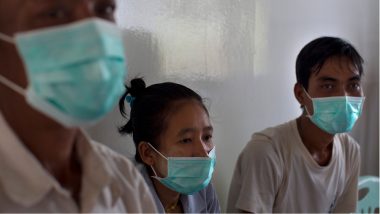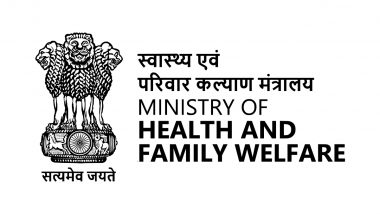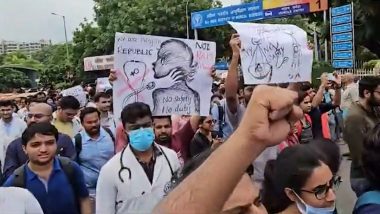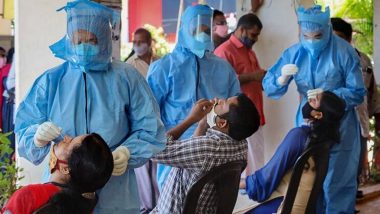Recently at End TB Summit held in Delhi, PM Narendra Modi launched TB-free India campaign. At the summit, PM Modi said that the government has been following the principle of ‘treat every TB patient best at the very first opportunity’. With an aim to eradicate TB in India, the Centre has issued rigid rules. In a notification issued on Tuesday by the Union Health Ministry stated that doctors, druggists, chemists and hospital authorities could face a jail term of six months to two years under the provisions of Sections 269 and 270. The notification also says if clinical establishment fails to notify TB patient to local public health officer and nodal officer, it will face action.
Section 269 states negligent act likely to spread infection of disease dangerous to life and IPC 270 states malignant act likely to spread infection of disease dangerous to life. Clinical Establishment Act, 2010, defines clinical establishments which include diagnostic services, dispensaries, hospitals, clinics and centre operated by a single doctor. TB was defined as a notifiable disease in 2012. However, there was no provision for penal action. The Union Health Ministry notification read, “To ensure proper tuberculosis diagnosis and its management in patients and their contacts and to reduce tuberculosis transmission and further to address the problems of emergence and spread of drug-resistant tuberculosis, it is essential to collect complete information of all tuberculosis patients. Healthcare providers, termed as clinical establishments henceforth, shall notify every tuberculosis patient to local public health authority, namely, district health officer or chief medical officer of a district and municipal health officer of urban local bodies in whatever way they are known; or their designated district tuberculosis officers in a format as specified.”
Tb kills an estimated 4,80,000 Indians every year. India also has more than a million ‘missing’ cases every year – these are not notified and most remain either undiagnosed or inadequately diagnosed and treated in the private sector. This means that patients don’t stick to the follow-up procedure and often stop taking medication before the dose is completed, resulting in the bacteria developing a resistance to the drug. This then leads to the spread of drug-resistant TB.
(The above story first appeared on LatestLY on Mar 21, 2018 10:59 AM IST. For more news and updates on politics, world, sports, entertainment and lifestyle, log on to our website latestly.com).













 Quickly
Quickly



















